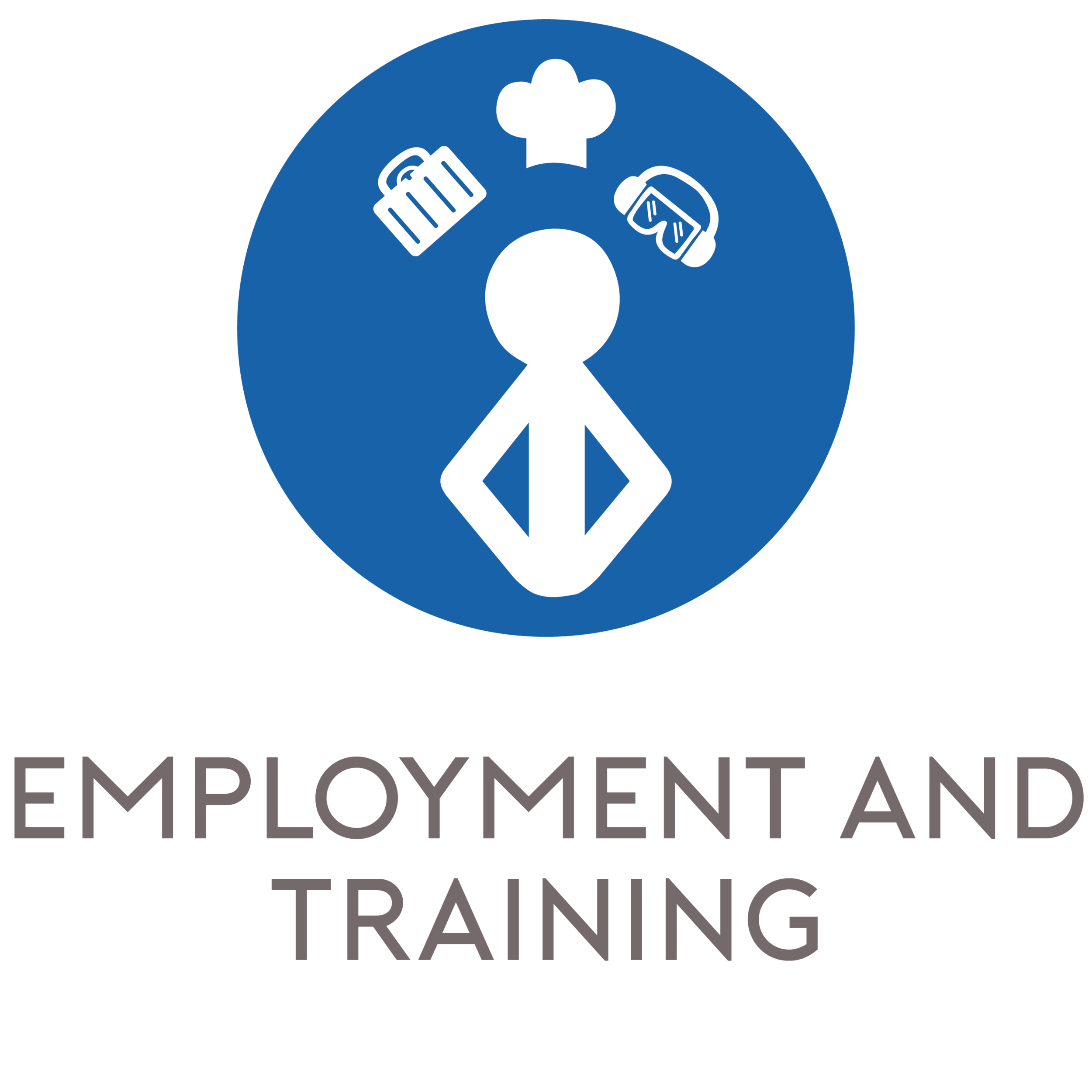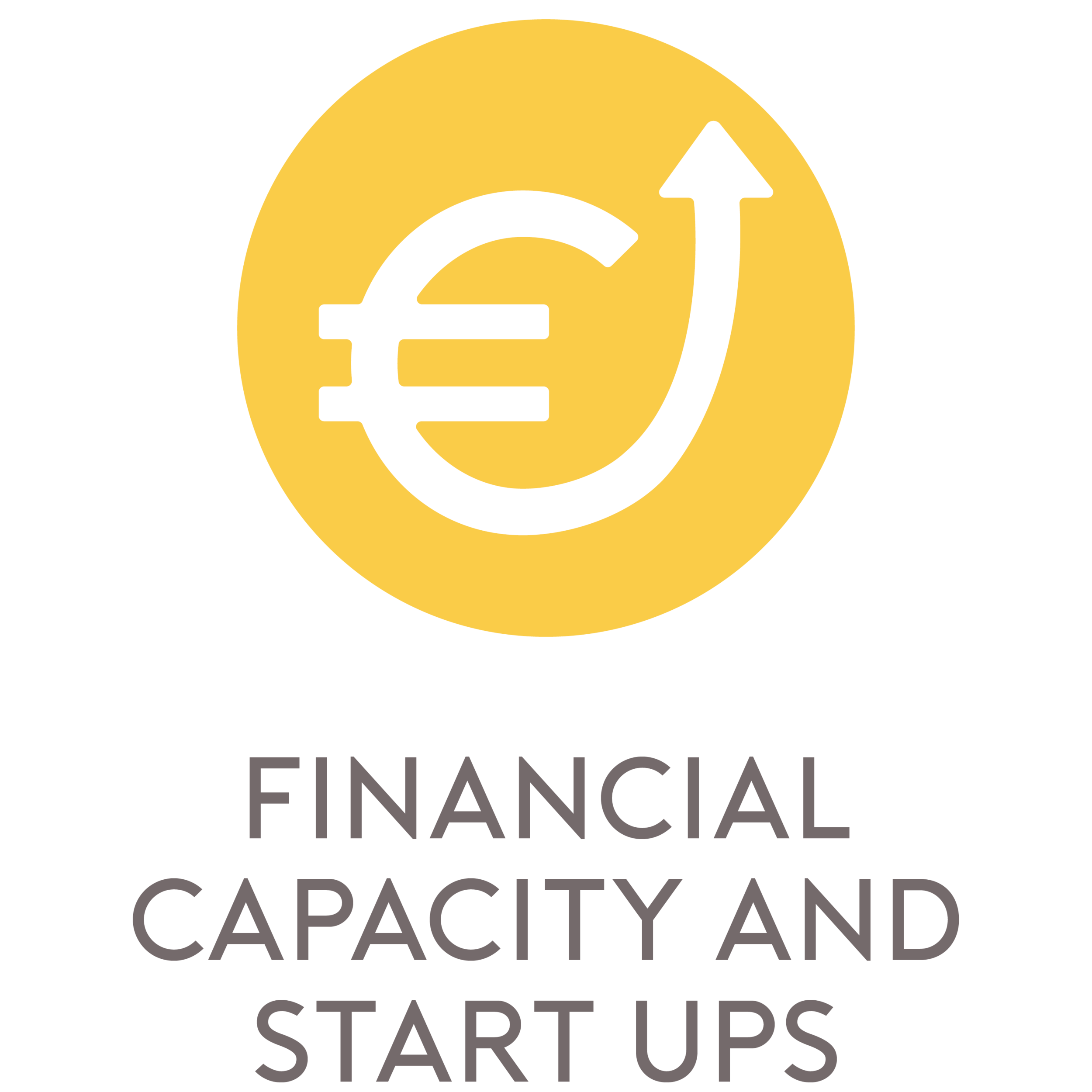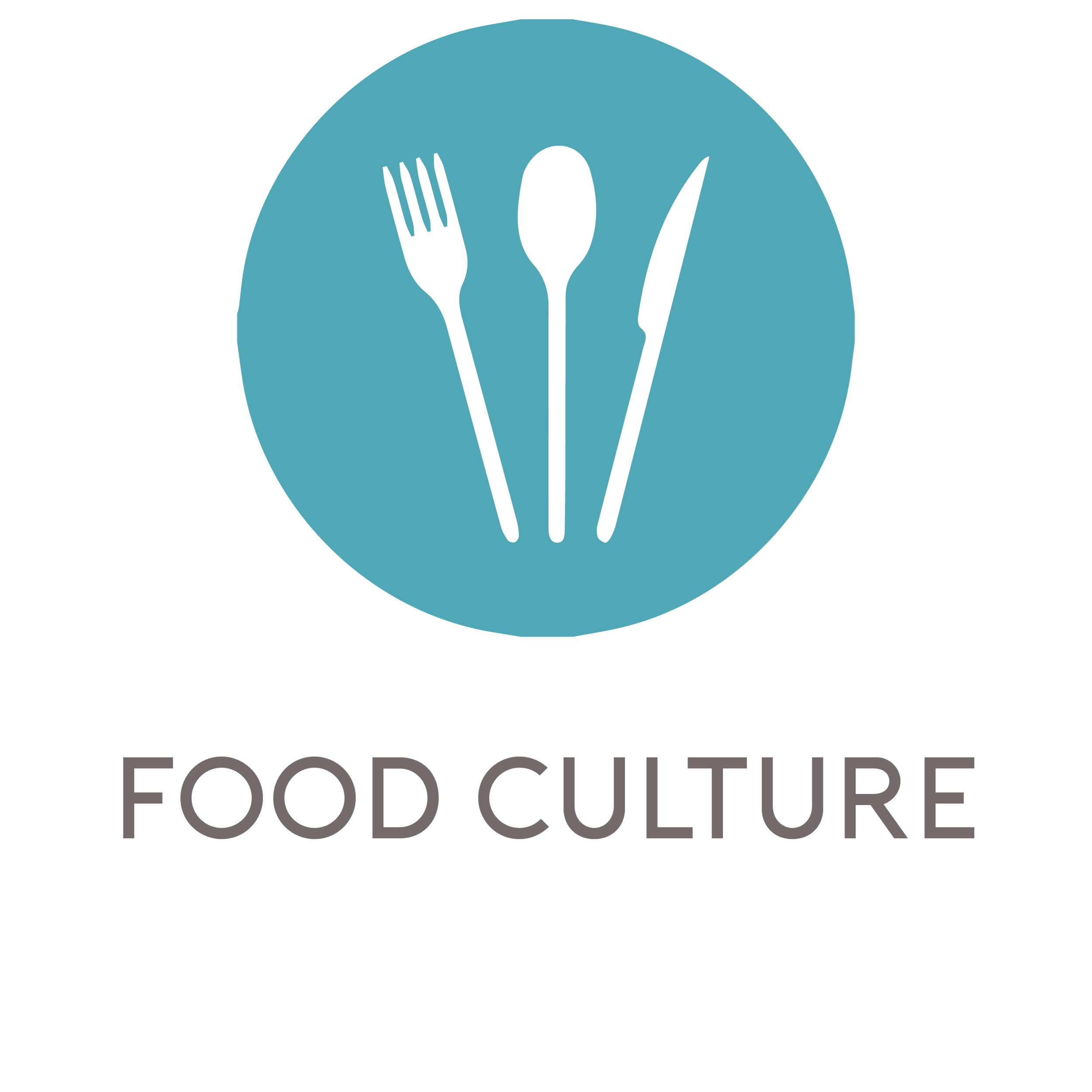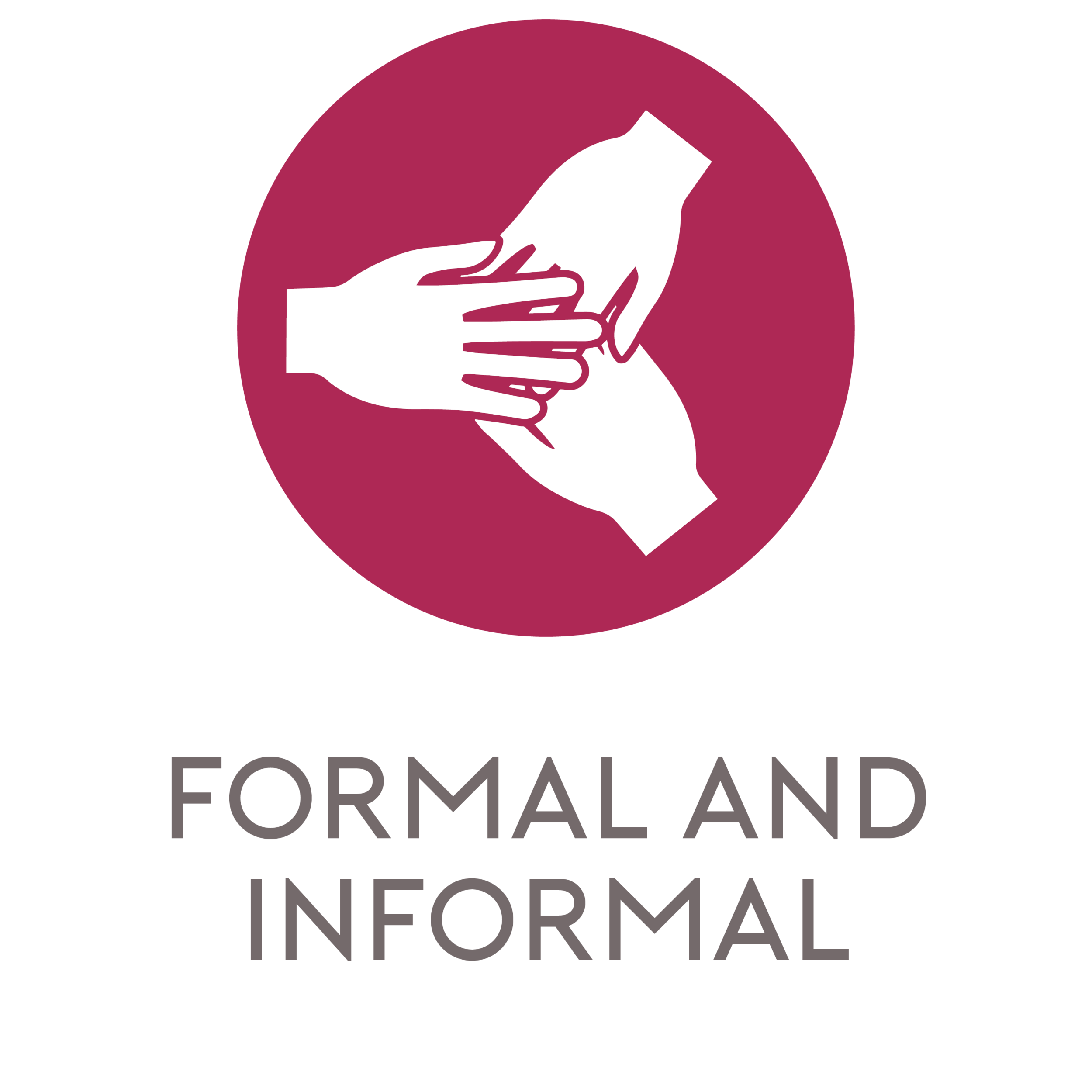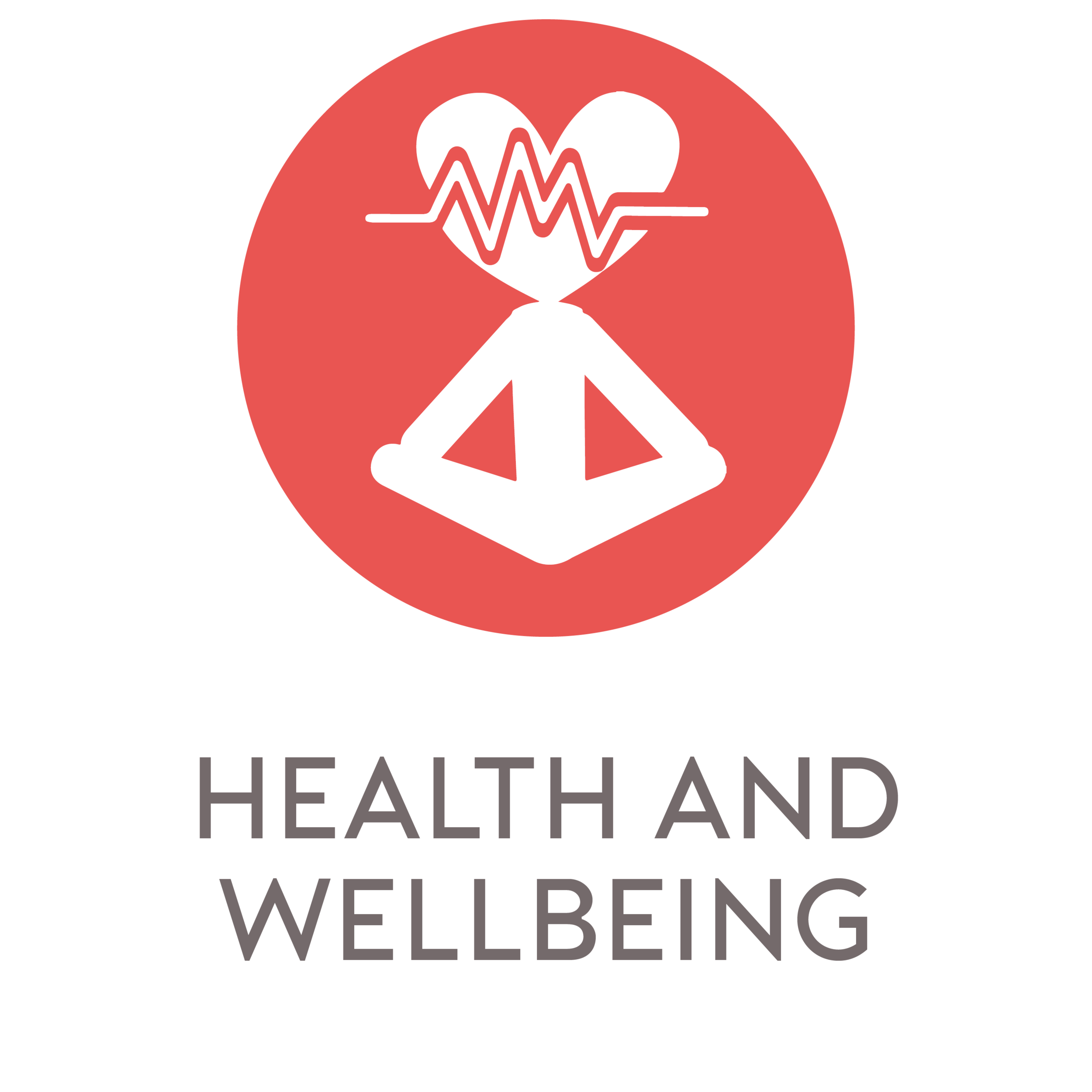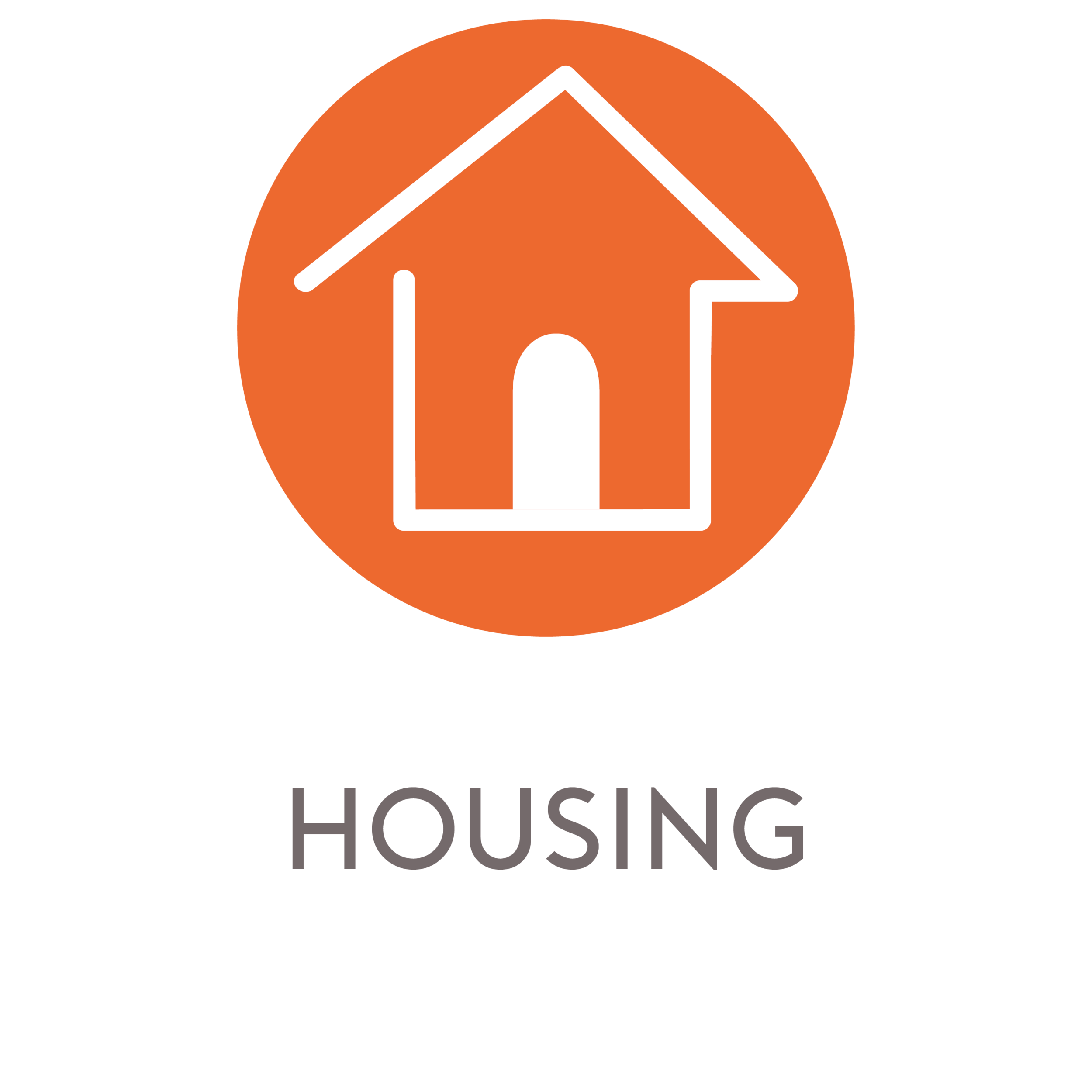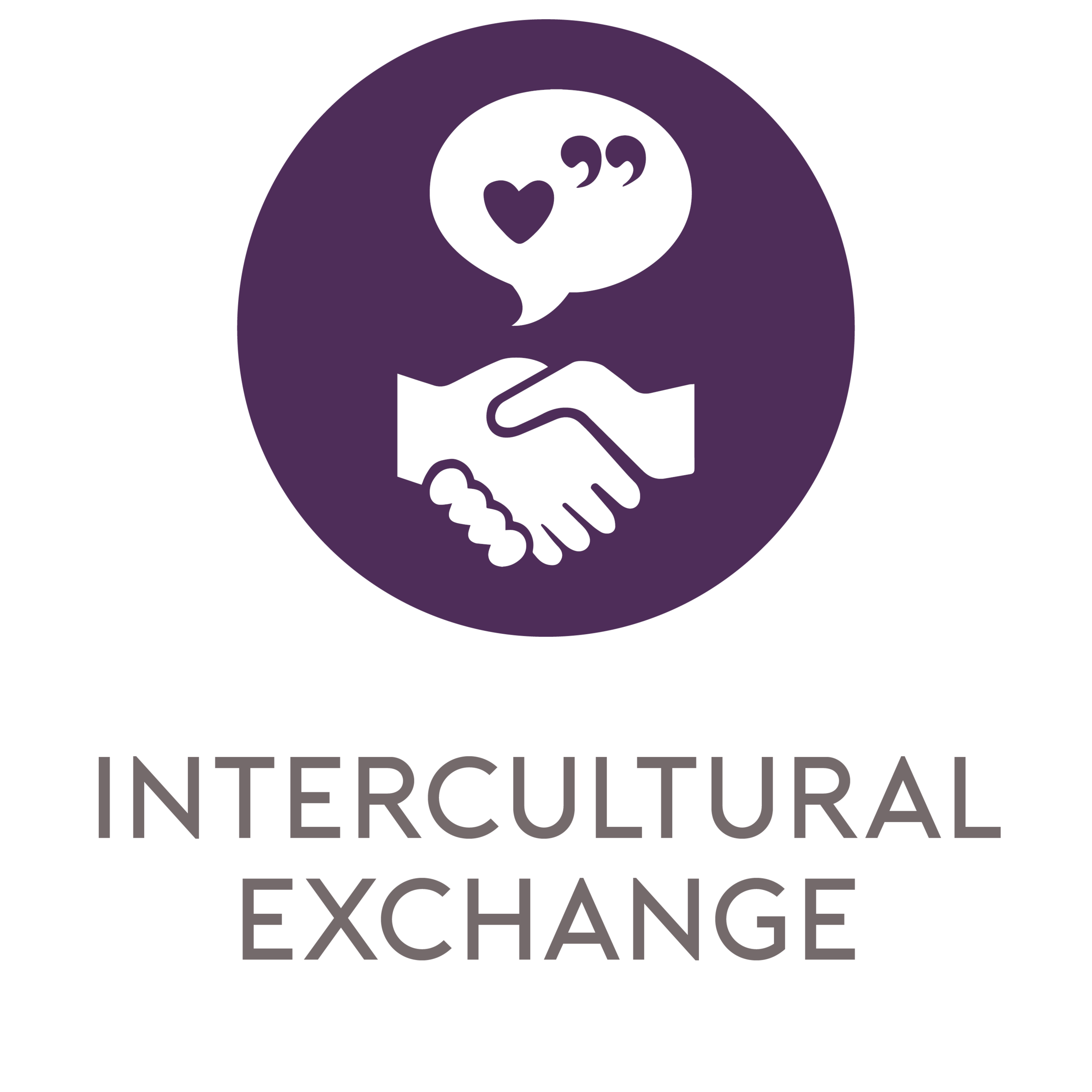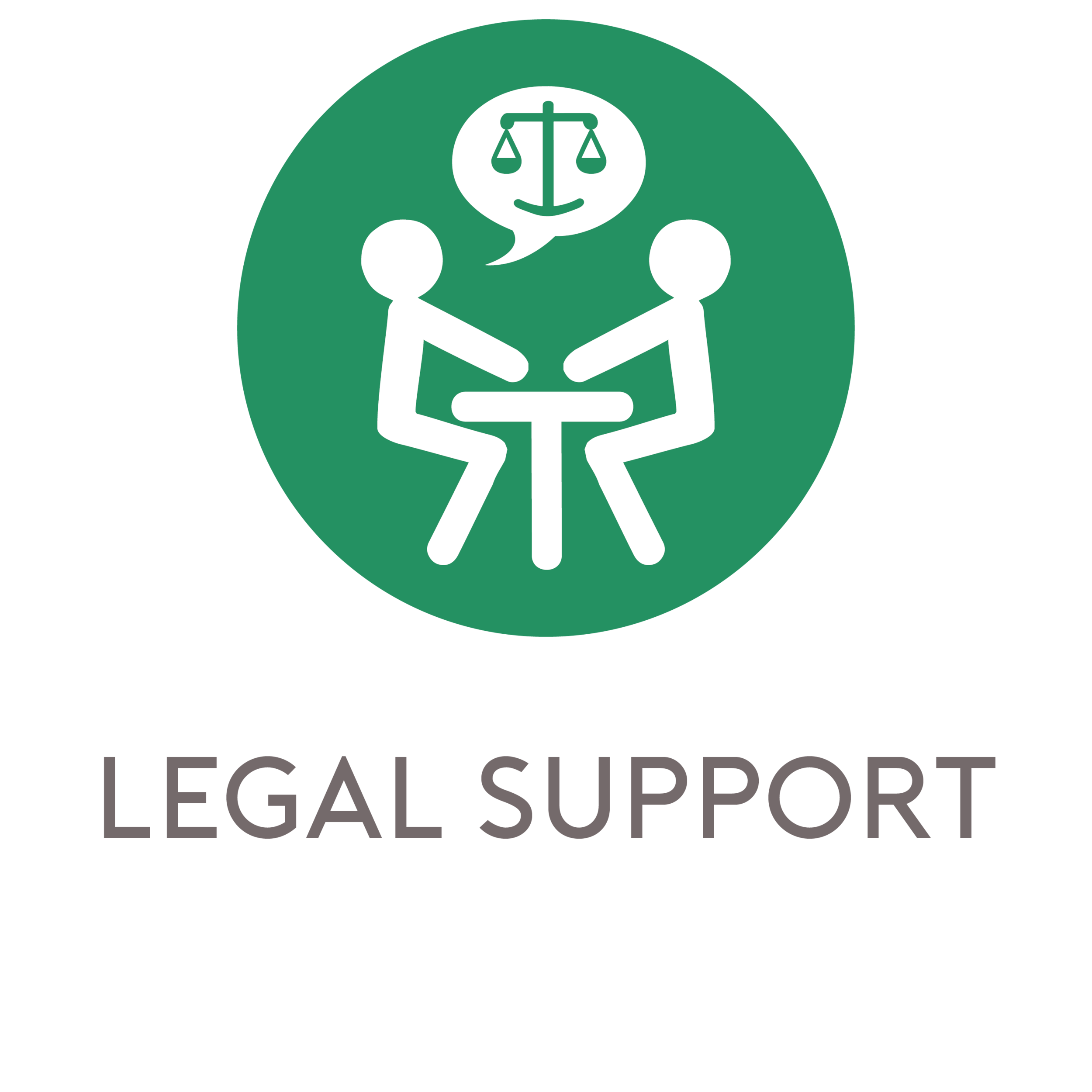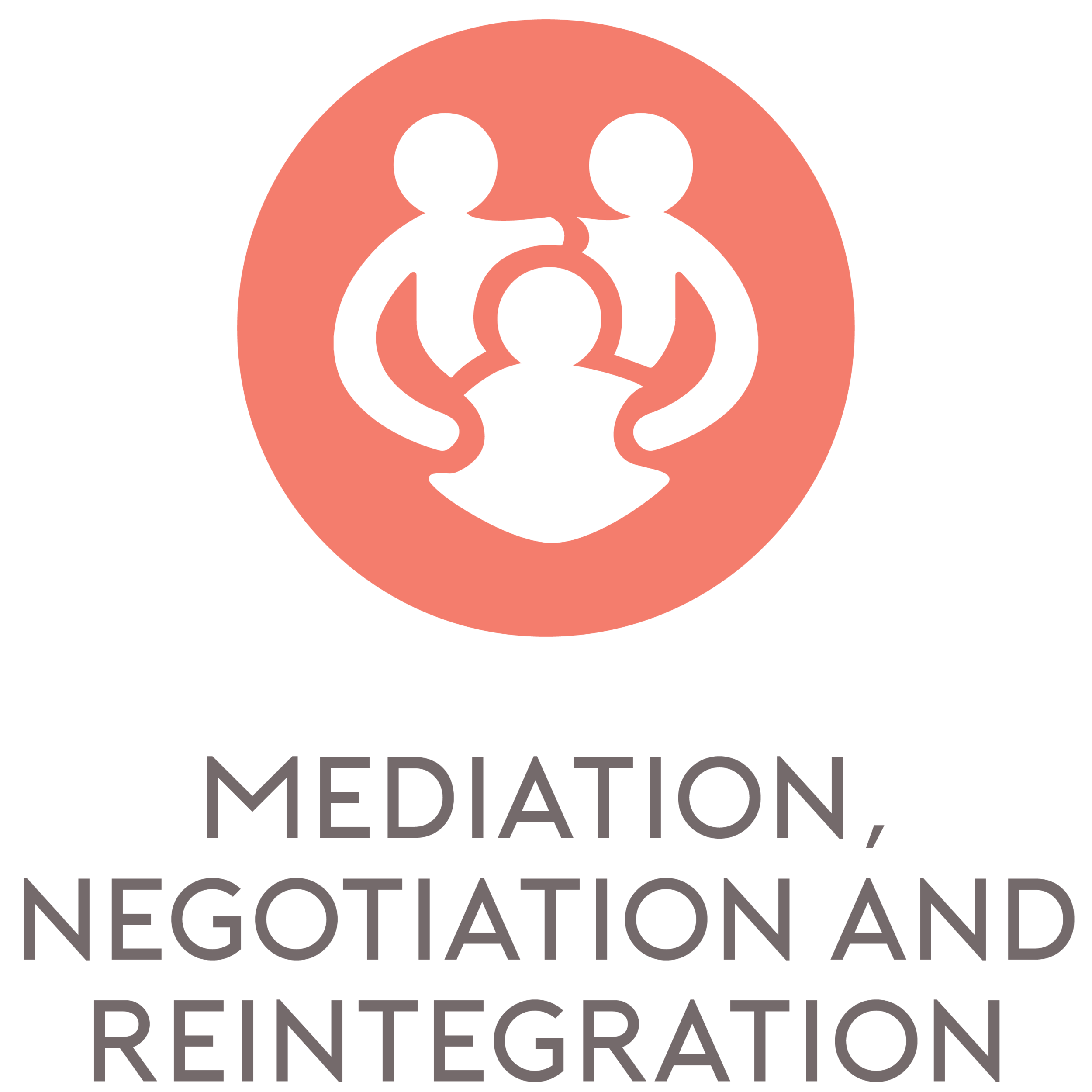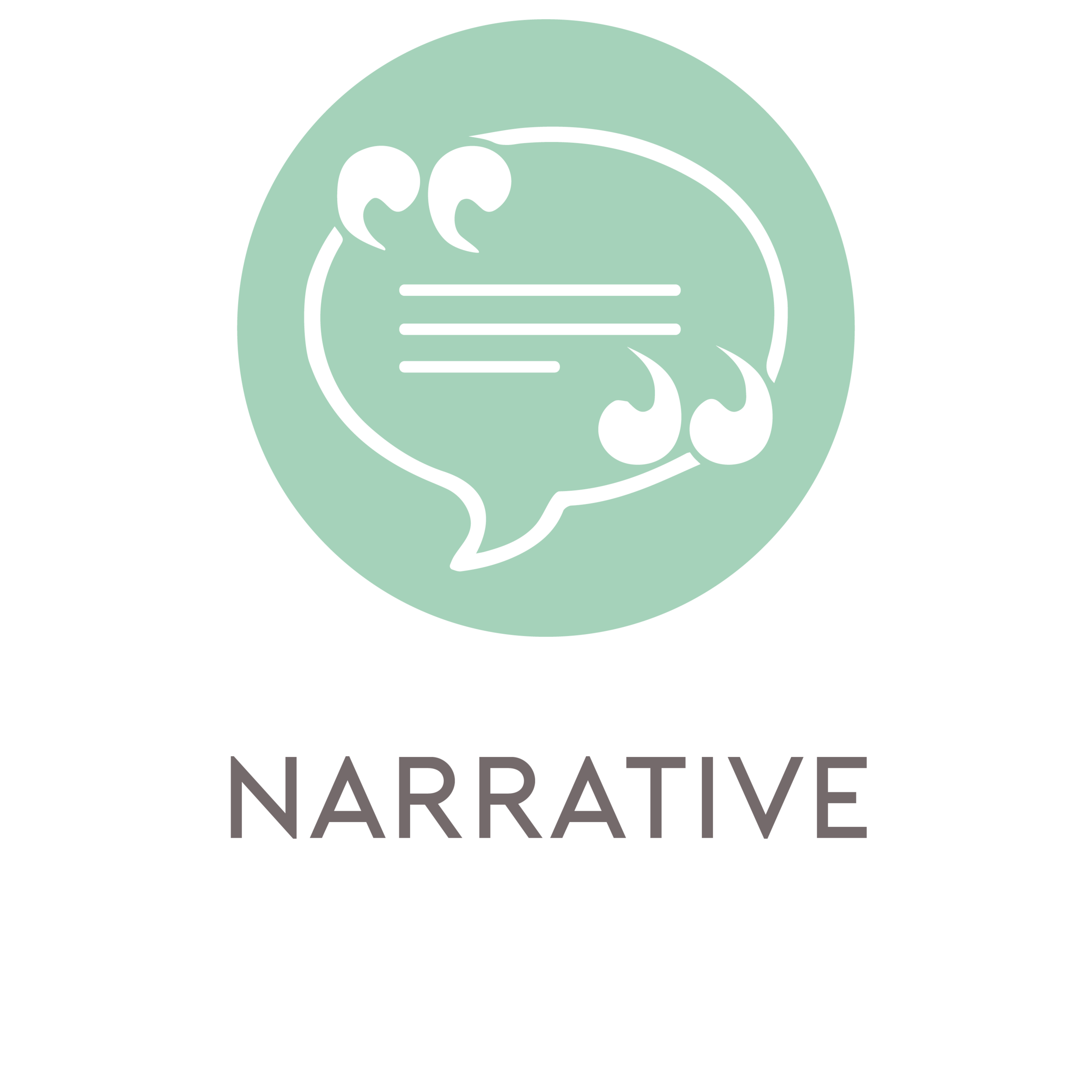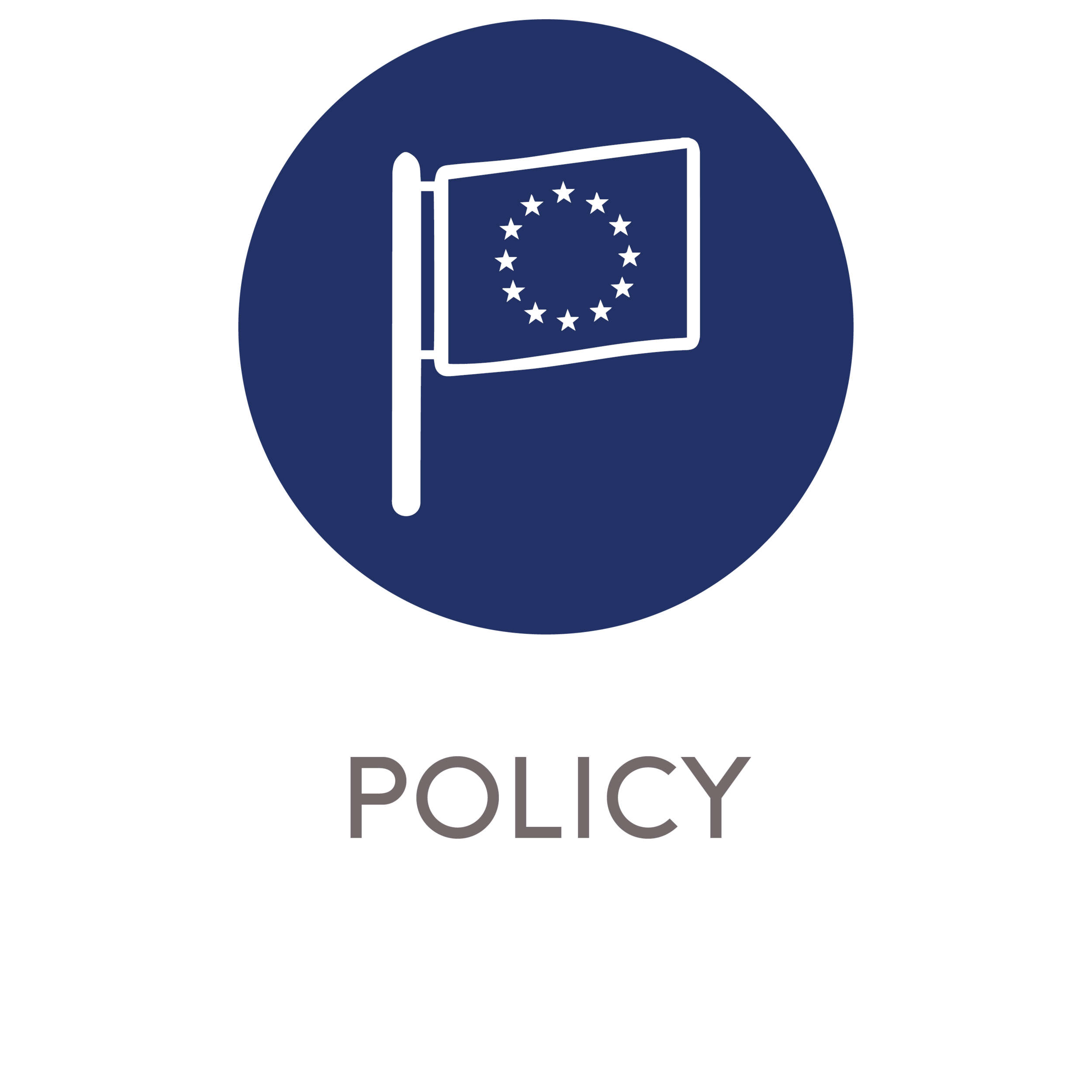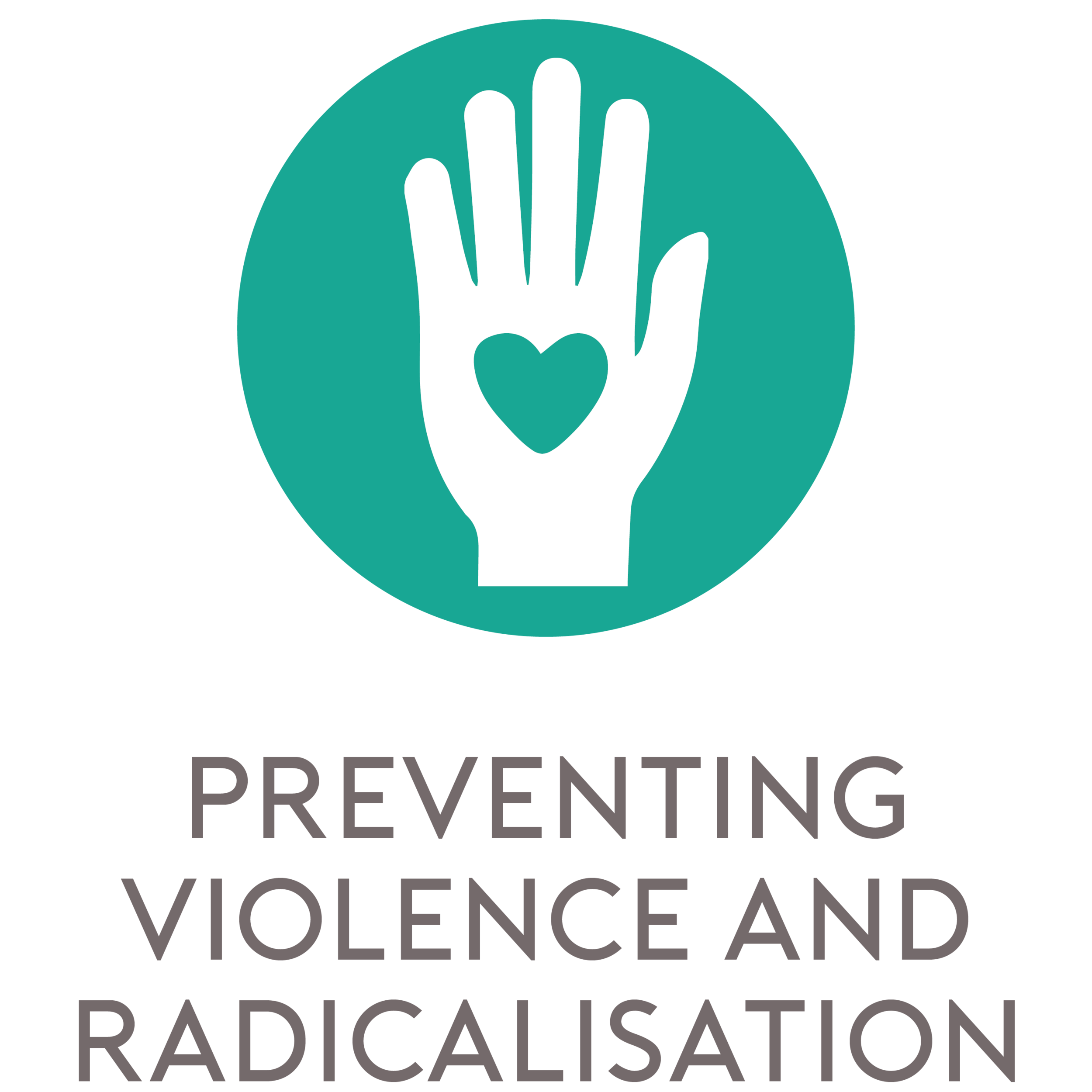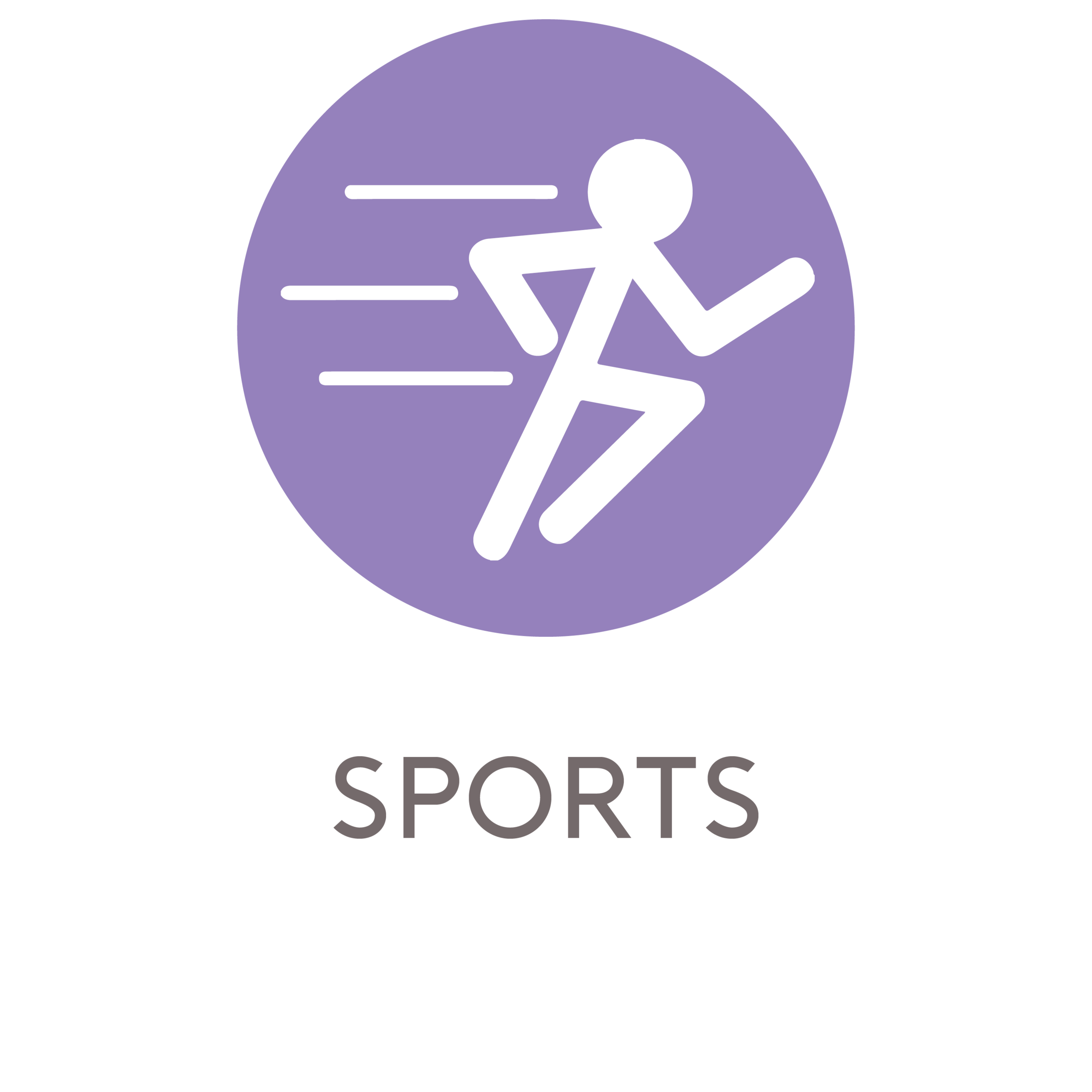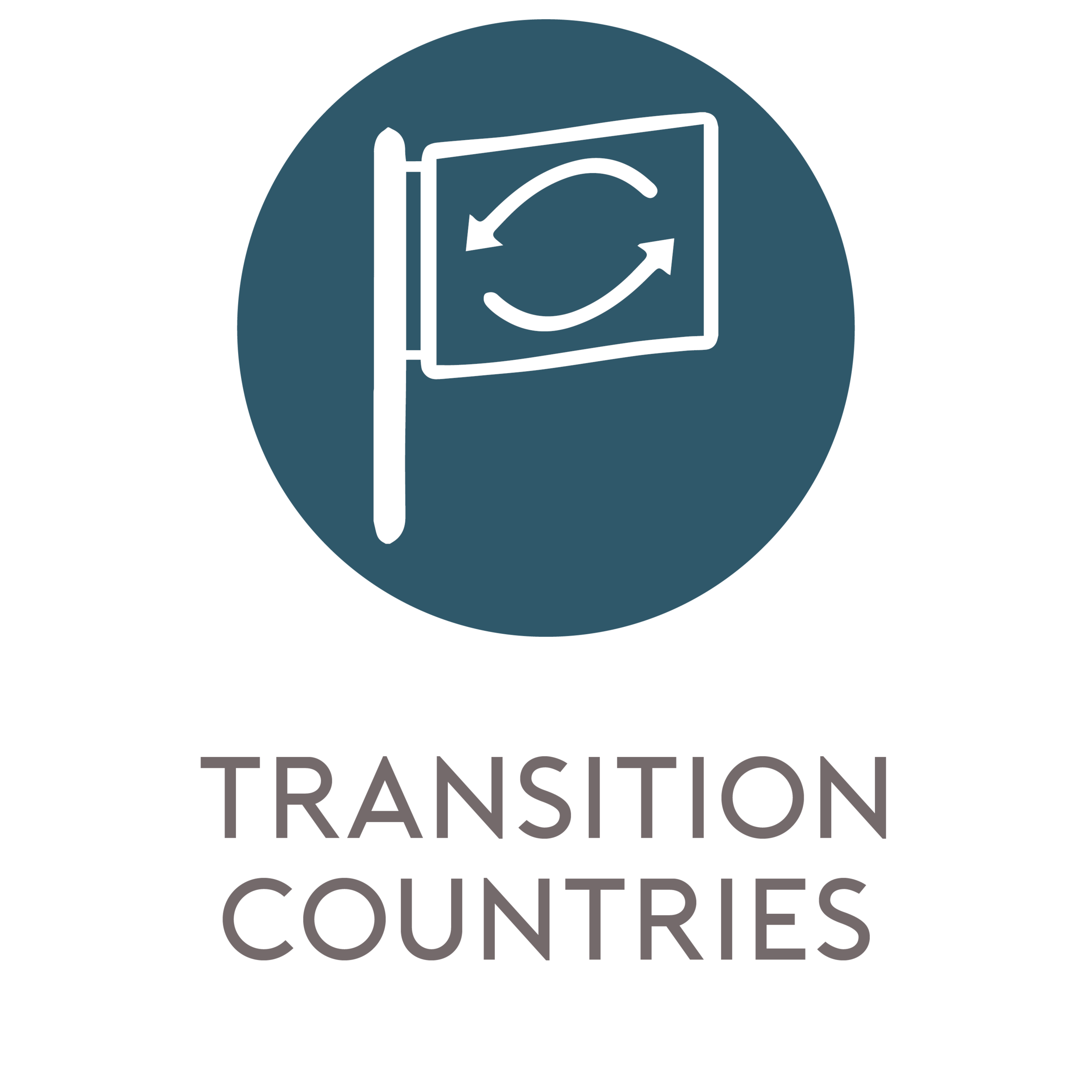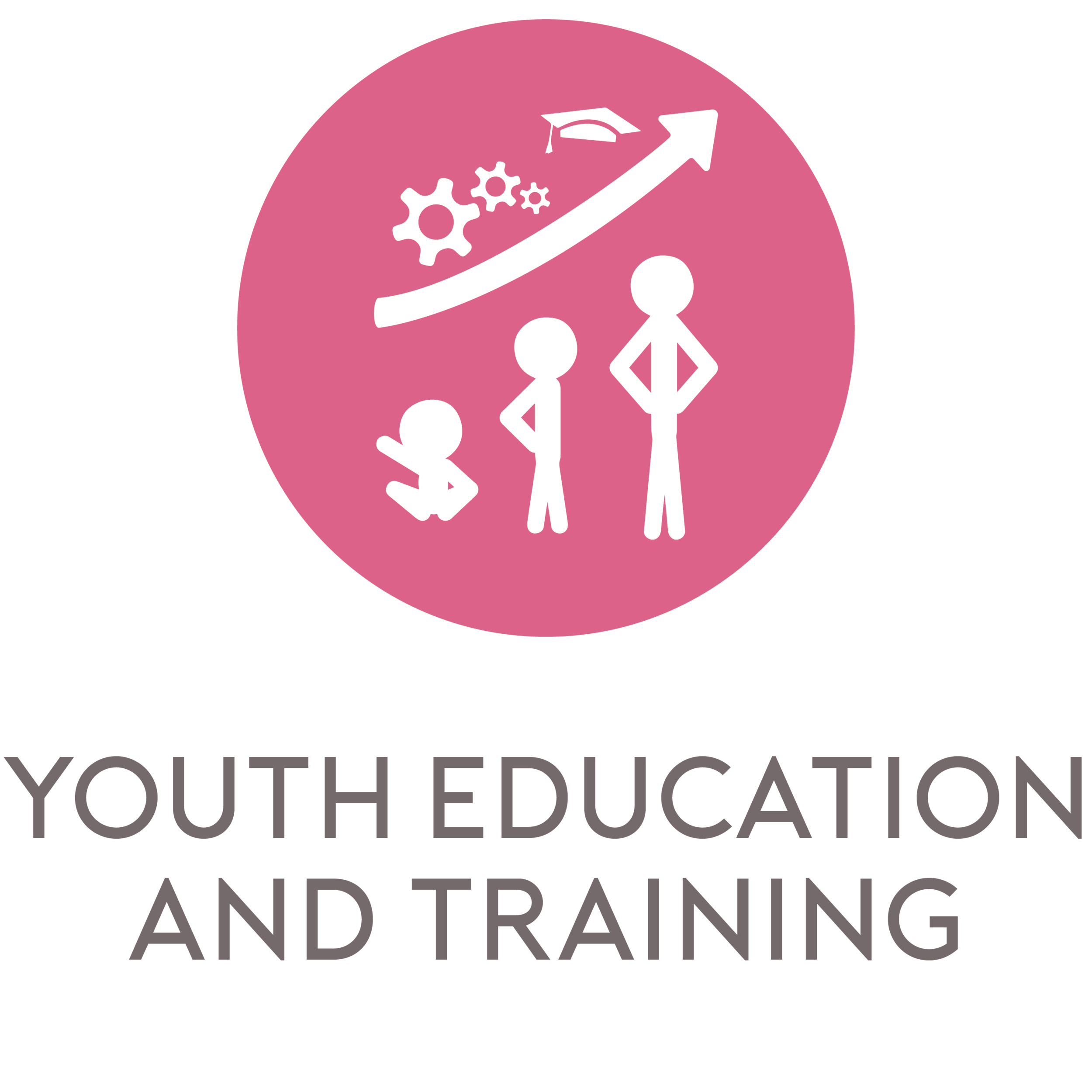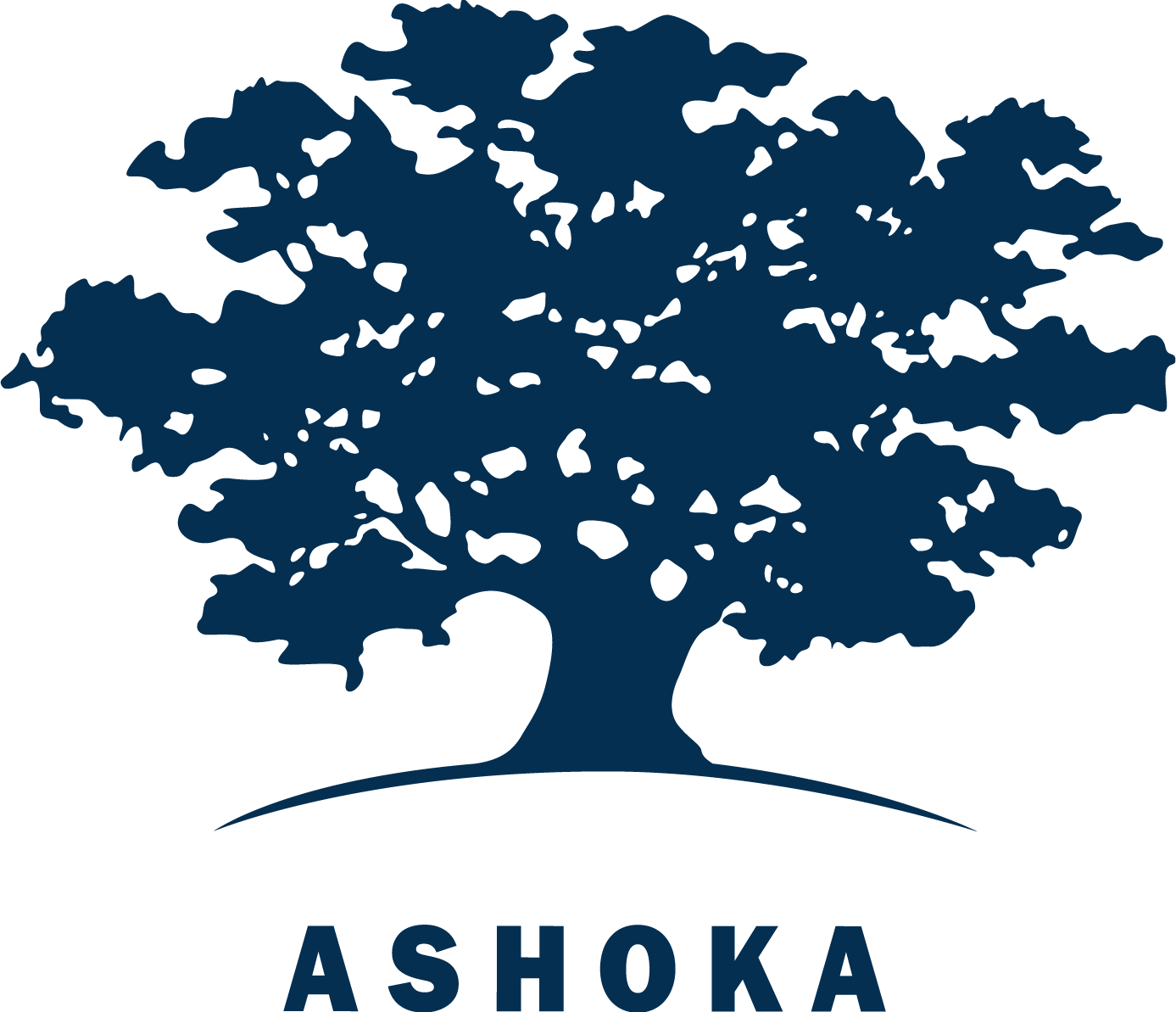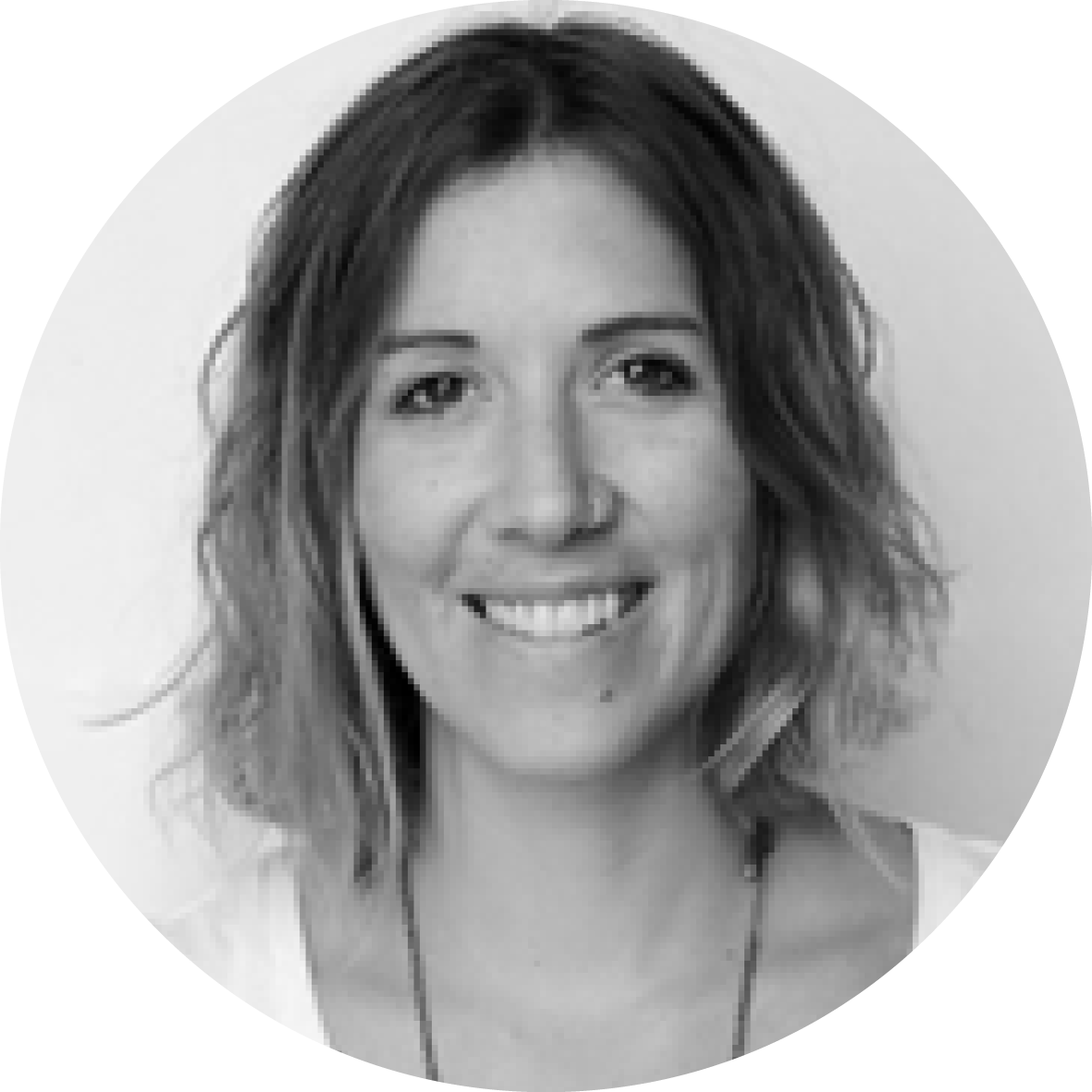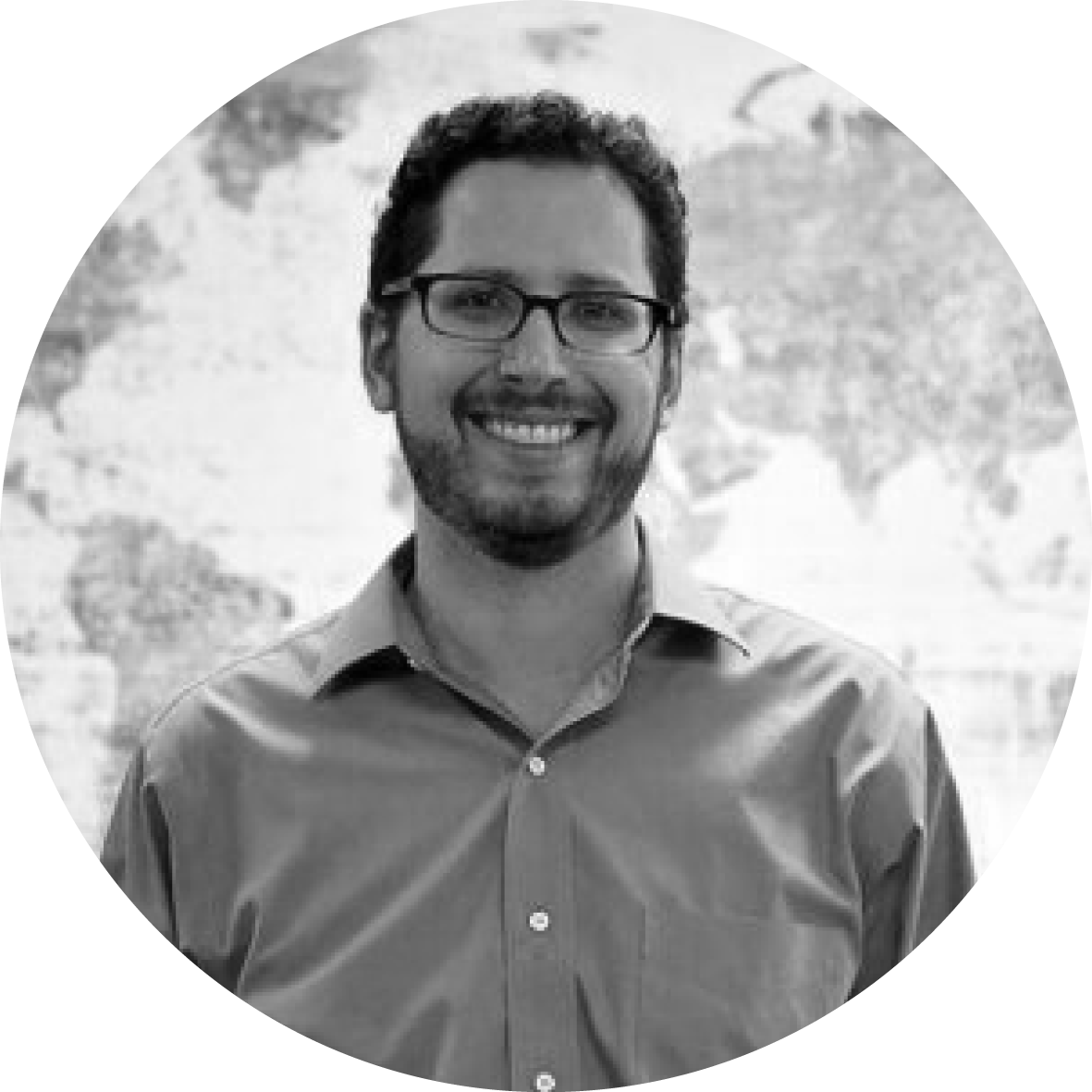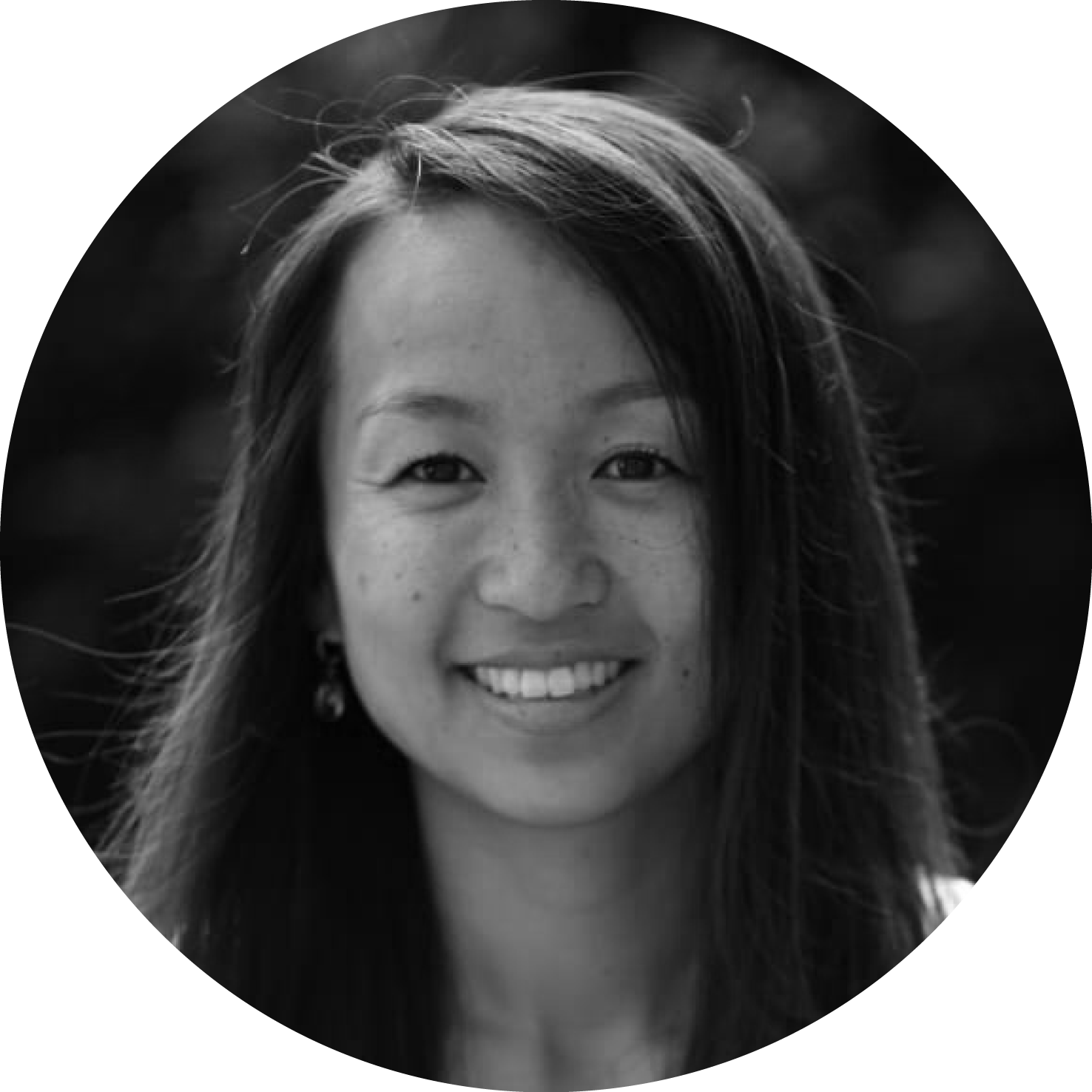+Portfolio of Solutions
―Narrative
ACAF/Winkomun
Jean Claude Rodriguez (Fellow) | Abdoulaye Fall (CEO)
Founded by Ashoka Fellow, Jean Claude Rodriguez
The Problem
Refugees and new migrants are often excluded from the financial structures that allow them to fully integrate into their new community.
The Solution
ACAF is a cooperative organisation with the goal of fighting financial and social exclusion by creating and supporting self-financing communities. ACAF works with self-sustaining financial groups led by immigrants to promote networking and support their basic financial needs. These communities are small groups in which the partners – normally between 10 and 30 people – can participate through small contributions. ACAF’s proven efficient methodology is Winkomun; a solution that is expanding throughout Spain and to other European countries with low income and migrant population.
The Impact
Winkomun has expanded to 7 European countries and created a free online platform to allow anyone from around the world to access their methodology and set up a worldwide network of self-funded communities. The methodology is now in use in more than 15 countries in 4 continents, with more than 500 groups benefiting over 9,000 people directly and over 32,000 people indirectly.
“As an economic migrant, my life trajectory would never be this successful without my Self-Funded Community. It provided me with a network of support that alleviated the hardship that marked my early years in Barcelona. As the Program Manager of the Self-Funded Communities Association now, I ambition to help migrants generate the assets they need to provide for themselves and live in dignity.”
#MeWe International Inc
Mohsin Mohu Ud Din
The Problem
Each young person is a carrier of innovation, hope and changemaking, but not everyone gets the opportunity to discover and exercise this as a power. One of the biggest threats to peace and development are generations of youth who are not being activated as communicators, creative leaders, and changemakers. Consequently, many young people become victims of alienation, depression, and sometimes violence or extremism.
The Solution
#MeWe International Inc. uses the processes of strategic communications and storytelling as tools for healing, empowerment and community building. While grounded in a social entrepreneurship framework, the #MeWe storytelling programme for young changemakers intentionally integrates therapeutic frameworks. These are borrowed from narrative therapy and logotherapy, and help focus more specifically on self-awareness, trauma recovery, restoration of control and agency in a context of perceived powerlessness. In the process of collaborative storytelling, the #MeWe methodology enhances spaces for internal, interpersonal, and community communication. These are the ingredients for sustainable peace and development that youth and young refugees are not able to exercise and live out in traditional education programs and status-quo youth engagement.
The Impact
The project trained Syrian refugees to replicate the storytelling and changemaker programme to youth and parents, reaching out to 1,500 people by August 2018. Its partners include Questscope, which is hosting Me/We inside the Zaatari refugee camp, and the NGO DARB-Syr, which is leading #MeWeSyria in Turkey. Previous phases of MeWe were supported by the German Government and Ashoka’s Youth Venture. The programme has received awards and recognition from SOLVE MIT, UNHCR Innovation and Open IDEO.
Fundacon porCausa
Gonzalo Fanjul
Founded by Ashoka Fellow Gonzalo Fanjul
The Problem
Due to prominent narratives in political, media and public discourse, local populations are often ill-informed about migrants. The negative stigma against migrants arriving in a new country leads to a hostile and unwelcoming environment.
The Solution
PorCausa combines research with proposals for new narratives and a network of more than 170 journalists in Spain and worldwide. The project aims to change the way in which people are informed about social issues; it fights against the dissemination of false information; and it holds both the public and private sector accountable for decisions made accordingly. The foundation presents profiles involved in migration, as well as new arguments, data, and innovative narrative materials to influence the different audiences. PorCausa aims not just to grow, but to fight back against the lies about immigrants and refugees through providing quality and accurate information. Through these efforts, the organisation hopes to generate communities that are interested in a better world.
The Impact
PorCausa has been able to reach over 40 million individuals through its different projects and events. The organisation supports ten projects in the realm of migration and has raised positive awareness for this cause.
Maldita
Clara Jimenez
Founded by Ashoka Fellow Clara Jimenez
The Problem
The media discourse is prominently featuring false information, which is affecting public opinion and connectivities between people in society. Dominant opinions have been endorsed through different media channels, allowing for segregation and disintegration of migrants and local citizens.
The Solution
Maldita is a media outlet with a focus on fact-checking and data journalism techniques. Maldita provides accurate and reliable information that reassures citizens of thorough research and facts, on which they base their opinions and make informed decisions. Maldita developed innovative formats which focus especially on social media and has developed a community that collaborates on the project. Additionally, Maldita aims to promote media literacy and to build technology that helps citizens become aware of the dangers of false information.
The Impact
Maldita has over 500,000 followers on social media, through which it creates a strong and committed community which actively participates in reporting misinformation.
Migration Ventures
(Upwardly Global)
Jane Leu
Founded by Ashoka Fellow Jane Leu
The Problem
In nearly every country with a large immigrant and refugee community, those who are college educated wind up unemployed or significantly underemployed upon arrival in a new country – doctors drive taxis, CEOs work in kitchens. There are few opportunities to work at the equivalent level and adapt professional skills to a new market. Skills are wasted and the lack of opportunity in the new country of residence makes adjustment, comfort and success more difficult.
The Solution
With Upwardly Global, Jane Leu is breaking down employment barriers and opening up professional career opportunities for skilled immigrants at leading companies, integrating them into the local workforce. Upwardly Global leverages employer partnerships that benefit from access to this breadth of talents. It provides customized training and support to give these new Europeans equal opportunities to find and secure skill-appropriate opportunities and achieve their full economic potential in Europe. The outcome is global talent for employers, culturally competent service providers for diverse communities, and family-sustaining incomes for those who were previously unemployed or underemployed.
The Impact
Upwardly Global’s services now reach thousands of underserved immigrants and refugees across the United States, who are increasingly being recognised as a valued community asset at city and state level. The programme is active in five metropolitan areas. 45% of refugees arriving in the USA have college degrees and Upwardly Global has placed 5,000+ from 169 countries into skilled jobs with an average income gain of $45,000. Through strategic partnerships, Upwardly Global is now scaling their model to other countries with large refugee and migrant populations.
“I feel loyalty to the country that accepted me and protected me, and I want to make life better for everyone by applying my skills. I am sure that a lot of immigrant job seekers feel the same.”
Schlau-Schule
Michael Stenger
Founded by Ashoka Fellow Michael Stenger
The Problem
The right to asylum is a humanitarian cornerstone in Germany. Its implementation, however, reflects the way policymakers perceive asylum seekers and refugees: as costly threats to society. Under current law and bureaucracy, unaccompanied underage asylum seekers who are over 16 years of age are prevented from attending school, learning German and acquiring vocational skills. Such policies have led this group to become disempowered and, often, to confirm negative stereotypes by turning to drugs, crime and prostitution.
The Solution
Schlau-Schule recognises the systematic discrimination that underage asylum seekers experience and provides a chance for young refugees to access education and integrate into German society, whilst changing the negative public perception towards this group. Young refugees have diverse backgrounds but face a common struggle: a lack of German language skills and previous education. Founded in Munich, this solution addresses the shortfalls of the education system by structuring courses in line with those provided at state schools and by providing first-class student services, such as social-psychological aid and legal assistance.
The Impact
Schlau-Schule's students have an extraordinarily high success rate at the basic state school exam, which enables them to qualify for vocational studies and a professional career. By bringing these success stories to the attention of politicians, state welfare organizations and the wider public, Schlau-Schule is transforming the perception of young asylum seekers in the eyes of relevant stakeholders. Having successfully established Schlau schools in Munich with 145 students, Schlau-Schule is expanding throughout Bavaria, Germany’s largest state.
SINGA
Nathanael Molle (Fellow)/ Alexandra Alden (Singa Spain)
Founded by Ashoka Fellow Nathanael Molle
The Problem
Every year, thousands of people are forced to flee their homes, cities, friends and countries to seek refuge in other countries. After a long and often dangerous journey, these men and women apply for the protection of other states. Unfortunately, even though they had no choice but to leave their homeland, they are rarely welcomed in the countries where they settle. The incoming flight migrants are often perceived as a cost to local taxpayers and as a potential source of social tension or unrest.
The Solution
SINGA is a community of professionals, entrepreneurs, artists, athletes, dancers, singers, students, or in short, a community of human beings. It brings together people who want to get to know and understand each other better and build a better society for themselves. The project develops a sense of community with migrants and local citizens, and as such helps further integration and change perspectives. The various SINGA programmes across Europe aim to organise and facilitate opportunities to meet others within the SINGA community.
The Impact
SINGA operates in France, Morocco, Germany, Italy, Belgium, Quebec and recently started in Barcelona. It has connected many people to facilitate change in the perspective of a population that mainly views refugees as a problem.
Social Bee
Zarah Bruhn
The Problem
500,000 refugees are currently entering the job market in Germany. After fleeing violence and arriving in a new country, refugees face visa and document issues and the fear of deportation, which prevents companies from hiring them for permanent positions. However, people who have undertaken the dangerous migration to Europe have a unique resilience, perspective and an elaborate skillset. These are key assets for any workforce, yet there are few channels to bring them towards engaging work.
The Solution
Social Bee is Germany’s first integration service provider. It bridges the gap between refugees and companies through a temporary employment model that integrates refugees into the labour market and society. Social Bee absorbs all the bureaucratic hurdles for companies, dealing with the challenging asylum/visa issues that often arise before a person can move seamlessly into work. It gives its employees the opportunity to acquire further qualifications and participate in integration programmes. Social Bee hires refugees and asylum-seekers to work for their organisation as temporary freelancers, after which they are transfered to partner companies. Employees receive socio-pedagogical support, as well as language development and other training. In addition, they receive a regular salary, currently covered by charitable foundations, but to be financed through transfer fees in the near future.
The Impact
Founded in Munich, Social Bee is a start-up with 50 employees under contract and more than a dozen already successfully placed in permanent positions. Social Bee aims to place 100 employees in permanent positions by the end of this year, reaching a total of 1,000 over the next three years.
Welcome In
Mary Nally, Liam Carey
Founded by Ashoka Fellow, Mary Nally
The Problem
An increasing number of migrants moves to a new country with no or little language cognition of the language spoken in their new country of residence. Lacking a social fabric and language skills, migrants struggle to integrate.
The Solution
Fáilte Isteach (Welcome in) is a project initiated by the Irish volunteer organisation Third Age. The community initiative offers local communities of elderly volunteers the tools to further the integration process of migrants into their community. The curriculum consists of conversational English classes and introductions to practical information, local customs and culture. Older people are trained to teach basic English skills and are paired with a local migrant for regular weekly gatherings. The local community becomes a support system for the migrants in their new homes. Fáilte Isteach takes place in and can be introduced in pop-up classrooms in community centres, churches and common rooms across Ireland.
The Impact
Fáilte Isteach currently has 83 groups involving over 800 volunteer tutors that meet weekly with 2,700 migrant students across Ireland. For 10 years, the project has been taken on in cities, towns, and isolated rural areas of Ireland and more recently, it has moved to the United States, England and Germany. Its ambition to bring together elderly and migrants makes it adaptable to any country with an aging population and an influx of migrants.
Welcoming International
David Lubell and Vanja Panti
Founded by Ashoka Fellow David Lubell
The Problem
The recent influx in migration has caused unease and fear amongst long-time residents in communities worldwide. These fears are exploited by right-wing movements and foster a strong anti-migrant sentiment and unwelcome environment, hindering the integration process. Incomplete local integration of newcomers, due to a lack of local, multi-sector planning for demographic change and failure to listen to newcomers for the development of local policies lead to a decline in community cohesion in towns and cities experiencing growth in their immigrant and refugee populations.
The Solution
Welcoming International helps local communities adjust to and understand the benefits of demographic change. The project focuses on host community engagement; an approach that reduces anxiety and increases empathy among long-term residents in communities experiencing rapid growth in migrant populations. The project helps communities go beyond the typical “seed-focused” approach, and direct significant attention to engaging the native-born population in those communities where refugees and other migrants settle.
The Impact
Welcoming International, established in 2009 (as Welcoming America), works in over 160 cities and towns across the United States, supporting non-profits and local governments to transform their communities into inclusive places that allow everyone to thrive. A network of non-profit and local government members – currently in 85 US communities and including the US White House – is provided with intensive support as they develop plans, programmes and policies to transform their communities. After finding significant success in the US, Welcoming International is now scaling their approach to other countries, amongst which New Zealand, Australia, Germany, Spain, Portugal, Sweden and the UK.
Mobile School, StreewiZe
Arnoud Raskin
Founded by Ashoka Fellow, Arnoud Raskin
The Problem
An estimated 150 million children and youth grow up in harsh conditions without a safe and caretaking environment. They live and work on the streets of big cities, are on the move from conflict or natural disasters or run away from socio-economic problems at home. For these children, the streets become their main learning environment, where they develop essential survival skills and build their identity. Non-formal education and outreach work are crucial to help them grow into positive contributors to society.
The Solution
Mobile School has developed an integrated outreach methodology to support street educators worldwide in unlocking the potential of these children in the environment where they feel most comfortable, the streets. Mobile School has developed innovative streetproof tools and methodologies to make education available anywhere. Initiated as part of StreetwiZe, the programme valorises talents and survival skills of street-connected children in 29 countries worldwide. Its pioneering outreach strategy shifts children’s attitudes away from assistance and towards empowerment.
The Impact
StreetwiZe invests 100% of their profit in Mobile School, co-creates the educational materials and relentlessly supports Mobile School by increasing its social impact. There are currently 56 mobile schools in 29 countries, through which the project has facilitated 76,209 contacts with street-connected children in 2018. That same year, the project reached the number of 190 trained street educators and facilitated a total of 163 workshops. These numbers are only expected to increase further.
Muslinked
Illias Marraha
The Problem
Muslims are often discriminated against in education and professional opportunities. Especially in Belgium, the rates of discrimination against minorities are extremely high, which hinders many talented and knowledgeable individuals to become or remain unemployed. Minorities are four times more likely to be unemployed in Belgium.
The Solution
Muslinked is a network for Muslims with great potential. The organisation brings talents together and draws connections within entrepeneurship, education and social profit. The network stimulates social engagement within all these domains. It hosts networking events within companies to help these diversify their teams. It engages with children in school to presenting different role models and setting up workshops and peer-to-peer-coaching. Through a toolbox, schools will become able to address issues and opportunities themselves. The youth forum of Muslinked provides a platform for discussion of related issues, which eventually may feed back into new proposals and activities provided by the organisation.
The Impact
Muslinked has successfully guided over 140 people into jobs in companies through their events. Through the organisation’s coaching, several people have felt empowered and equipped to set up their own businesses. Currently, more than 1,300 people are part of the Muslinked network (in Belgium).
Habibi.Works
Founded by Florian Horsch and Mimi Hapig, Represented by Mimi Hapig
The Problem
While waiting for their interviews and the decisions within their asylum cases, thousands of men and women are stuck in a limbo for years, without access to formal education, to the labor market, to psychological support, to the society. The circumstances people have to encounter when living in a refugee camp create countless challenges on a practical and on an emotional level. Families who have been separated can’t function as a system of support, young adults lose the chance to receive a formal education and thus the perspective of living a free and independent future, people who suffer from mental health issues can’t begin to work on their well-being and the lack of income forces hundreds of people into precarious and non-formal working situations.
The solution
Within a context in which most doors remain closed for refugees and asylum seekers, Habibi.Works offers paltforms for education, empowerment and encounters. In 11 working areas, from a classic carpentry over a textile atelier up to advanced technology in our MediaLab, people living in the refugee camps of Epirus and members of the local community can build whatever it is that is lacking in their daily life, repair things that are broken, share knowledge, gain new skills, break the label of being helpless and take first, important steps of the integration process.
The Impact
Since the beginning of the project, Habibi.Works has accompanied more than 3000 persons (and thus indirectly improved the situation of up to 9000 people) in the period of their first 18 months in Greece. The impact of the project can be observed on the following five levels: Through offering free materials, tools, know-how and space to build or repair items that are needed in the daily life of the target group, Habibi.Works has massively contributed to the improvement of people’s living conditions. On a second level, Habibi.Works offers access to non-formal and informal education for people who are, for various reasons, excluded from or unable to attend formal education in Greece, allowing them to follow up on topics and fields of their interest in which they gain skills that will facilitate their future entry into the labor market. On a third level, Habibi.Works has a huge impact on people’s mental health and well-being. In Habibi.Works, people can get rid of the label of being a refugee, of being reduced to this one aspect of their biography, and be carpenters, IT epxerts, designers, chefs and many other things again. The feeling of achievement on a daily basis and the opportunity to redefine their own identity is a crucial element of empowerment and well-being. On a fourth level, Habibi.Works is a welcoming platform for people from many different countries, bringing together and creating a community among people from different African, European, Asian countries and Greece. Besides these four levels of impact on the ground, Habibi.Works is raising awareness all across Europe for the challenges people in Greece are confronted with, but also for their resilience and their talent and for the fact that they could be an enrichment for our society if we created structures that allowed them to integrate.
HeterArt
Founded by Anna Vafiadou and Anastasia Karoussi
The problem
There are over 1.000 unaccompanied minors are hosted in shelters in Greece. ‘Gifted underachievers’ aged 16 -18 are unable to perform and develop skills.
There’s a gap in both mainstream education and the integration system regarding alternative practices.
Both local and refugee kids are marginalized and the loss of trust causes fragmentation.
The approaches in place fail to find a common language and ways to bring together these communities in a meaningful way.
The solution
Art, as a social buffer, eliminates shocks and crashes, smooths out the edges and blends paces.
HeterArt re-invents routes of communication, building bridges between people and cultures by using existing affordable resources, flexible and scalable tools, co-designed by youth and based in their common narratives and their need to express without words.
HeterArt’s educational program awarded at Hack the Camp (Dec.2016):
Merge science and art perspectives and the transition of the society.
Suggest innovative methods to help increase soft skills development
Propose workshops which drive critical thinking, creativity and adaptability
Identify solutions to ensure equal access and inclusion to quality education
The Impact
Drawing a framework of intercultural communication, HeterArt focuses on strategies used to bring together a diverse range of stakeholders to work on solutions.
Created Art2Tech, an R&D youth team, 30 case studies and more than 10 workshops Most of the beneficiaries managed to have at least a relevant part time job within three years.
Launched Lost in Jazz, an audience development project and Piano4all a kin-aesthetic approach of using piano as a communication tool.
Initiated a Cultural dialogue between Nordic countries and Greece.
Co-created Small Buddies a CSR-SDGs advocacy game.
Office of Displaced Designers
Founded & Represented by Shareen Elnaschie
The Problem
Lesvos has been an important landing point on the European migration route for those escaping war-torn countries and has seen high numbers of new arrivals to the island. The influx of refugees and migrants has put strain on an already struggling economy. There is widespread suspicion surrounding the humanitarian response and their motivations, and multiple levels of resentment. Relations between the two communities are strained, with poor communication and a distinct lack of cultural understanding. There are limited opportunities for employment or connection between communities, and we see that as an opportunity.
The Solution
Office of Displaced Designers is a design focused creative integration agency that utilises design to bring diverse people together to share skills, undertake research and co-create a more equitable and inclusive society. Our activities focus on the built environment, protection issues and cultural understanding, which we explore through a variety of design disciplines.
The majority of those we work with are displaced. However, we ensure that our programs are offered equitably to both the displaced and host community. Our studio serves multiple functions for co-working and hosting events and exhibitions. We strive to elevate the work of participants and challenge common perceptions of who a designer or artist may be, and who is a refugee.
The Impact
Since establishing in 2016 we have directly engaged more than 1200 individuals through approximately 100 collaborative workshops, trainings and events. Thousands more have enjoyed the works created. Participants are connected to a network of creative professionals and are supported to develop portfolios of work in order to access further education and employment. Improved mental wellbeing and increased confidence are regularly cited as additional benefits.
We have worked with diverse international partners including Danish Red Cross, the International Federation of Red Cross, metaLAB (at) Harvard, and Oxfam.
Social Hackers Academy
Founded by Damianos Vavanos & Represented by Aggelina Mila
The Problem
It is identified that technology’s tools and capacities tend to dominate our everyday life (personal, professional), due to the digital transformation that Greece is going through. In the context of social inclusion, due to digital skills’ shortage, social vulnerable groups face to a greater extent the risk of not joining this tech revolution and find their place in the tech industry, preventing their exclusion. People that are disadvantaged, physically, mentally and socio-economically, and don’t enjoy the same opportunities as other citizens, are considered as vulnerable groups.
If social vulnerable groups keep falling behind on the digital and technological developments, they will not only be unable to process information and be active citizens, but also they will be unable to acquire a job that will help them become financially sustainable and integrate in the society.
To sum up, the existence of social vulnerable groups in Athens, along with the high unemployment rates in Greece, the need is identified: to bridge the gap between the general lack of digital skills, the unemployment rates, the increasing rate of the Greek digital economy and the threat of exclusion of vulnerable groups in the Greek Society.
The Solution
Accessing the Market Need, its derived that, the acquisition of digital skills is quite necessary, in order to be an active part of the society. Otherwise social and professional exclusion, will be inevitable. Building on the digital skills and with adequate support to access their rights to employment refugees, migrants and unemployed can not only regain confidence and self-esteem but also integrate into the economic and social fabric of the host society.
In Social Hackers Academy (or SHA), we aim to integrate people that belong to social vulnerable groups (refugees/migrants/unaccompanied minors) in the society. We achieve our mission by educating these people, through training seminars and workshops in digital skills, as people that remain digital illiterate, are facing the risk of remaining unemployed. Hence, through educational programs, we can empower them to integrate in society, by getting job placement in Greece and abroad. Our goals through this program is to eliminate Digital Illiteracy.
The Impact
Through SHA’s programs, graduates will have gained practical experience & expertise in basic computer skills and in coding and will be able to work as developers, having learnt 7 programming languages (eg. HTML/CSS, JavaScript, React). They will have also developed their soft skills, preferred from tech recruiters. Also, through this course we aim to increase awareness over unemployment rates among refugees & migrants and the potential of reskilling unemployed, in order to integrate in the job market and therefore in the society.
Since, its establishment SHA has educated more than 150 people in IT Skills, while 29 of them have been placed as developers, in the IT Industry. We have built partnerships with 30 NGOs, while we have expanded our educational models in other Greek & EU Cities.
Pocket Stories
Ingi Mehus
The Problem
There are many problems in the way migrants are portrayed. Even well-intentioned communicators like journalists and scholars often fall into stereotypes and exoticization of migrants and minorities when talking about them, possibly doing more damage than good. A core issue is a lack of representation of migrants speaking about and for themselves, and to engage in shared conversations that don’t fall into stereotypical “us” and “them” dynamics.
The Solution
Pocket Stories uses the joy of travelling and meeting new people as a strategy to create new spaces for narrative around migration, and give the power of the story-telling to migrants and other unheard voices. On the one hand, through workshops and story-telling spaces, Pocket Stories is providing space and tools for underrepresented voices to share a broader vision of themselves, their culture and their experiences. On the other hand, Pocket Stories compiles these narratives into projects like Roots Guide, an educational tool in the form of an interactive travel guidebook. The Roots Guide serves as a storytelling vehicle designed to increase readers’ understanding and acceptance of people with migration backgrounds in the Netherlands by featuring personal stories and travel tips from local residents with a migrant background. Importantly, migrants retain full ownership of their stories and actively participate in the co-creation process of the Guide
The Impact
Through the Roots Guide project, Pocket Stories, together with a bigger team of artists, designers, and researchers, is transforming the common narrative around migration by recognizing migrants as legitimately and authentically “local,” and experts in talking about the places where they live and how they contribute to their communities. More than 50 participants with migration experience have contributed and co-created the Roots Guide for readers in the Netherlands (which is yet to be released in it’s final version). Additionally, over 100 people have been involved in creating and testing the guidebook to self-reflect on their role and personal connection to migration. Many of which are becoming changemakers that educate and empower others through their own projects.


